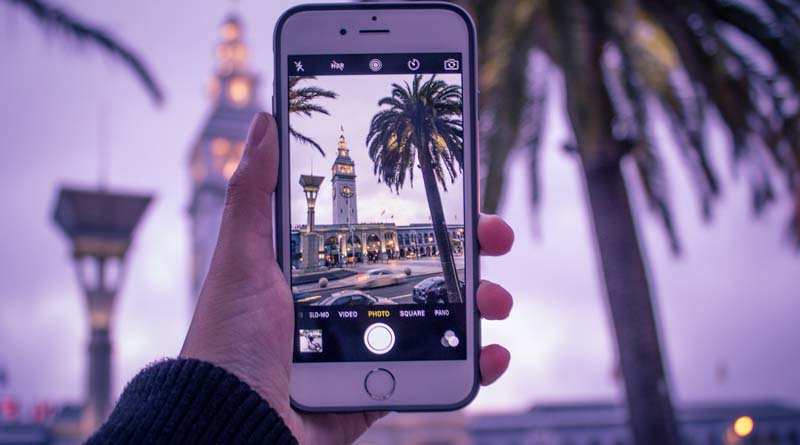
How is Artificial Intelligence Transforming the Travel Industry?
February 24, 2023The travel industry has undergone a massive transformation over the past few years due to technological advancements. Artificial Intelligence (AI) is one such innovation that has disrupted the traditional travel industry. AI is the ability of machines to learn, analyze, and interpret data, which has had a significant impact on how people travel and how travel agencies operate.
One of the significant impacts of AI on travel is the use of chatbots to provide customer service. Chatbots are intelligent computer programs that can interact with humans using natural language. They have become an essential tool for travel agencies to provide instant customer support. With chatbots, customers can get instant answers to their questions and resolve their issues without having to wait for a human agent.
AI has also made it easier for travel agencies to collect and analyze customer data. Travel agencies can use AI algorithms to analyze customer preferences and booking history to offer personalized recommendations. This allows travel agencies to tailor their offerings to individual customers’ needs, providing a more personalized experience. This is especially important in the travel industry, where customers are looking for unique and personalized experiences.
Another significant impact of AI on travel is the use of predictive analytics. Predictive analytics uses machine learning algorithms to analyze large amounts of data to make predictions about future events. In the travel industry, predictive analytics can be used to predict travel trends, flight delays, and pricing changes. This information can help travel agencies provide better recommendations to customers, allowing them to make more informed decisions.
In addition to the benefits for travel agencies, AI has also had a significant impact on the travel experience for customers. AI-powered virtual assistants can provide travelers with information about their destination, including local attractions, restaurants, and weather conditions. This allows travelers to plan their trips more efficiently and make the most of their time at their destination.
AI-powered translation tools have also made it easier for travelers to communicate with locals in foreign countries. These tools can translate speech and text in real-time, making it easier for travelers to navigate in unfamiliar environments. This has helped to break down language barriers and make travel more accessible to a wider range of people.
The impact of AI on traditional travel agencies has been significant. Travel agencies that have not embraced AI technology risk falling behind their competitors. AI-powered travel agencies can offer a more personalized experience to customers, which can help to build customer loyalty and attract new customers. However, traditional travel agencies can still compete by offering a more human touch to their services, such as personalized recommendations from travel agents.
In conclusion, AI has had a significant impact on the travel industry, both for customers and travel agencies. AI-powered tools have made it easier for travel agencies to provide personalized recommendations to customers, while also improving the travel experience for customers. However, traditional travel agencies can still compete by offering a more human touch to their services. As AI technology continues to evolve, it will be interesting to see how it will continue to transform the travel industry in the future.
[50 total views]

